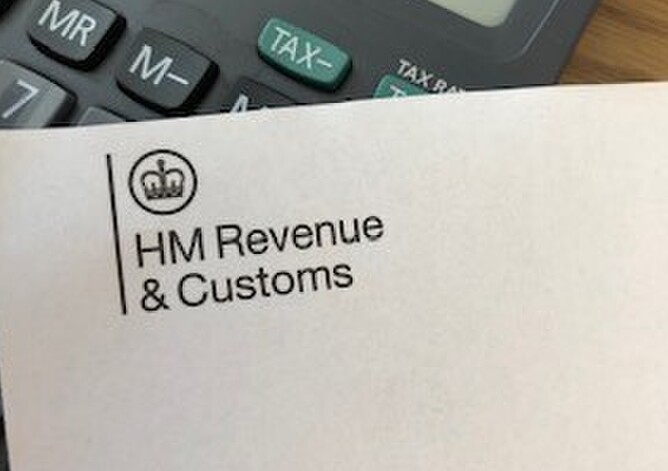As the 31 January deadline for self assessment tax returns approaches there has been an increase in the flood of scams purporting to be from HMRC.
As HMRC issues thousands of SMS messages and emails as part of its annual self assessment tax return push, the department has warned taxpayers completing their returns to avoid being caught out by a rise in fraudsters using calls, emails or texts to offer fake ‘tax rebates’ or ‘tax refunds’.
Fraudulent HMRC communications have already become commonplace. In the last 12 months, the tax authority has responded to more than 846,000 referrals of suspicious HMRC contact from the public and reported over 15,500 malicious webpages to internet service providers.
Almost 500,000 of the referrals from the public offered bogus tax rebates, whereby fraudsters use phone, email or text messages to contact their victims, primarily offering them bogus tax rebates to extract their personal details, and particularly their bank details.
The impersonation scams use language intended to convince victims to hand over personal information, including bank details, in order to claim a 'refund'. Criminals will use this information to access taxpayers’ bank accounts, trick them into paying fictitious tax bills or sell their personal information to other criminals. There are also reports of scammers becoming aggressive and threatening toward victims.
Pauline Smith, Head of Action Fraud, is urging people to report any suspicious calls or messages they receive, even if they haven’t acted on them, to the relevant channels (see below for more details). “This information is crucial in disrupting criminal activity and is already helping HMRC take down fraudulent websites being used to facilitate fraud,” said Smith.
HMRC is stressing that taxpayers should not give out private information, reply to text messages or download attachments and click on links in unexpected text messages or emails. This year, for the first time, HMRC will be sending reminders about self assessment filing and payment to represented taxpayers.
HMRC has published a checklist to help taxpayers identify if a contact, whether by phone, email or text, is genuine. In particular, it could be a scam if it is unexpected, offers some form of refund or grant, asks for personal information like bank details, is threatening or tells you to transfer money.
Any suspicious HMRC communications can be reported to HMRC at phishing@hmrc.gov.uk or by sending a text to 60599. Phone scams can also be reported online

